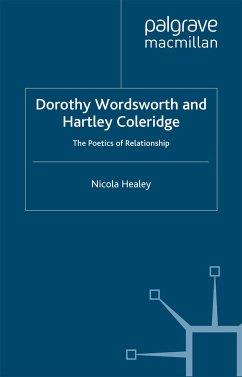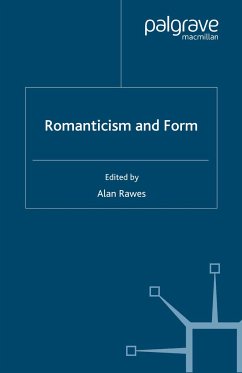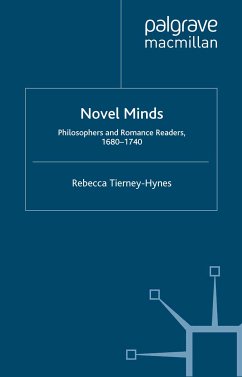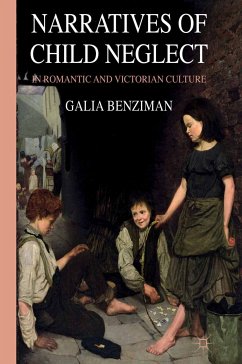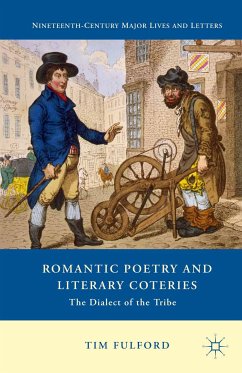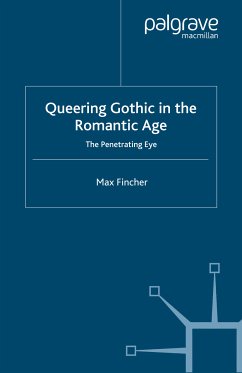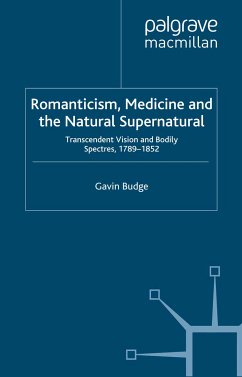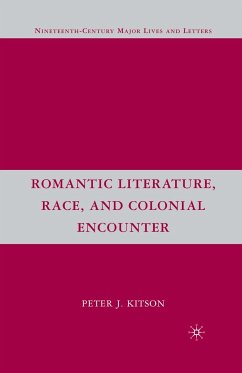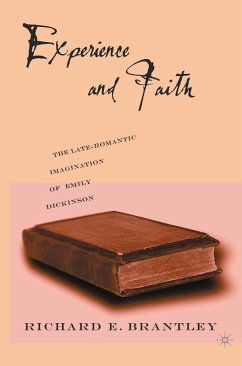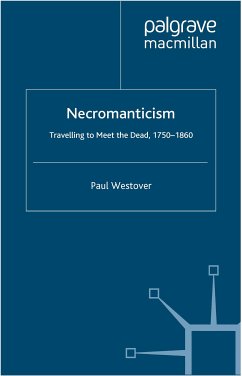
Necromanticism (eBook, PDF)
Traveling to Meet the Dead, 1750-1860
Versandkostenfrei!
Sofort per Download lieferbar
40,95 €
inkl. MwSt.
Weitere Ausgaben:

PAYBACK Punkte
20 °P sammeln!
Necromanticism is a study of literary pilgrimage: readers' compulsion to visit literary homes, landscapes, and (especially) graves during the long Romantic period. The book draws on the histories of tourism and literary genres to highlight Romanticism's recourse to the dead in its reading, writing, and canon-making practices.
Dieser Download kann aus rechtlichen Gründen nur mit Rechnungsadresse in A, B, BG, CY, CZ, D, DK, EW, E, FIN, F, GR, HR, H, IRL, I, LT, L, LR, M, NL, PL, P, R, S, SLO, SK ausgeliefert werden.



